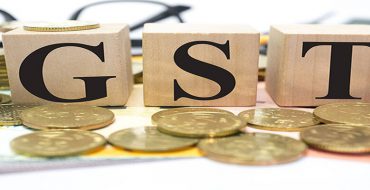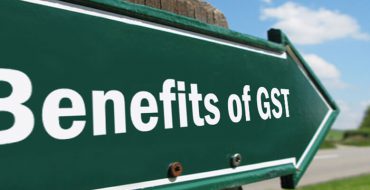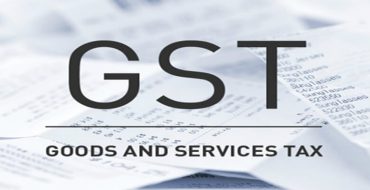
GST Registration
Starting April 1, 2017, Goods & Services Tax (GST) will apply to all Indian service providers (including freelancers), traders and manufacturers, once their supply turnover crosses Rs. 20 lakh. The GST is an all-in-one tax that subsumes a variety of state (VAT, Entertainment Tax, Luxury Tax, Octroi) and central taxes (CST, Service Tax, Excise Duty). GST is to be charged at every step of the supply chain, with complete set-off benefits available. The procedure for GST is completely online and requires no manual intervention. There will also be a composition scheme under GST for businesses with a supply turnover of less than Rs. 50 lakh.
Documents Required for GST Registration
The list of documents required for registration of GST for various business are as follows:
Proprietorship
- PAN Card and address proof of proprietor
LLP
- PAN Card of LLP
- LLP Agreement
- Partners’ names and address proof
Private Limited Company
- Certificate of Incorporation
- PAN of Company
- Articles of Association
- Memorandum of Association
- Resolution signed by board members
- Identity and address proof of directors
Features of GST Registration
Taxes Subsumed by GST
The GST will consolidate Central Excise Duty, Service Tax, VAT, Central Sales Tax, Customs Duty, Central Surcharge & Cess, Octroi, Luxury Tax, Entertainment Tax, Purchase Tax and a few other indirect taxes. The GST will apply on all goods and services. Even petrol and petroleum products will eventually be subject to it.
GST Rates
The GST council has decided on a four-tier structure. The GST rate will depend on the type of goods and services. Currently, the slab rates are 5%, 12%, 18% and 28%. The rate for gold is yet to be decided, and will likely to be the lowest of all.
CGST & SGST
GST will have a central component (Central Goods and Services Tax or CGST) and a state component (State Goods and Services Tax or SGST). Therefore, centre and state will levy GST on all entities. Inter-state transactions will attract the Integrated Goods and Services Tax (IGST), to be levied by the centre.
GST Threshold
Businesses with a supply turnover of over Rs. 20 lakh must register for GST. The key word here is supply, which takes into consideration any turnover, including stock-taking, discounts and freebies. In fact, even those supplying non-taxable goods must register for GST. Business making sales to other states must register for GST, regardless of turnover.




